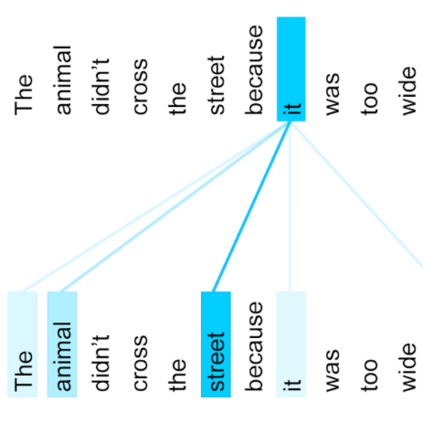Digital information exchange enables quick creation and sharing of information and thus changes existing habits. Social media is becoming the main source of news for end-users replacing traditional media. This also enables the proliferation of fake news, which misinforms readers and is used to serve the interests of the creators. As a result, automated fake news detection systems are attracting attention. However, automatic fake news detection presents a major challenge; content evaluation is increasingly becoming the responsibility of the end-user. Thus, in the present study we used information quality (IQ) as an instrument to investigate how users can detect fake news. Specifically, we examined how users perceive fake news in the form of shorter paragraphs on individual IQ dimensions. We also investigated which user characteristics might affect fake news detection. We performed an empirical study with 1123 users, who evaluated randomly generated stories with statements of various level of correctness by individual IQ dimensions. The results reveal that IQ can be used as a tool for fake news detection. Our findings show that (1) domain knowledge has a positive impact on fake news detection; (2) education in combination with domain knowledge improves fake news detection; and (3) personality trait conscientiousness contributes significantly to fake news detection in all dimensions.
翻译:社交媒体正在成为终端用户替换传统媒体的主要新闻来源。这也使得假新闻扩散,这些假新闻误导读者,被用来为创作者的利益服务。因此,自动假新闻探测系统引起注意。自动假新闻探测系统是一个重大挑战;内容评价日益成为终端用户的责任。因此,在本研究报告中,我们使用信息质量(IQ)作为工具,调查用户如何侦测假新闻。具体地说,我们研究了用户如何以较短段落的形式看待假新闻。我们还调查了哪些用户特征可能影响假新闻探测。我们与1123个用户进行了实证研究,这些用户随机评估了以个人智商方面不同程度的正确性陈述制作的故事。结果显示,智商可以用作假新闻探测的工具。我们的调查结果显示:(1) 域知识对假新闻探测具有积极影响;(2) 与域知识相结合的教育改进了假新闻探测;(3) 个性良心在很大程度上有助于在各个方面进行假新闻探测。




